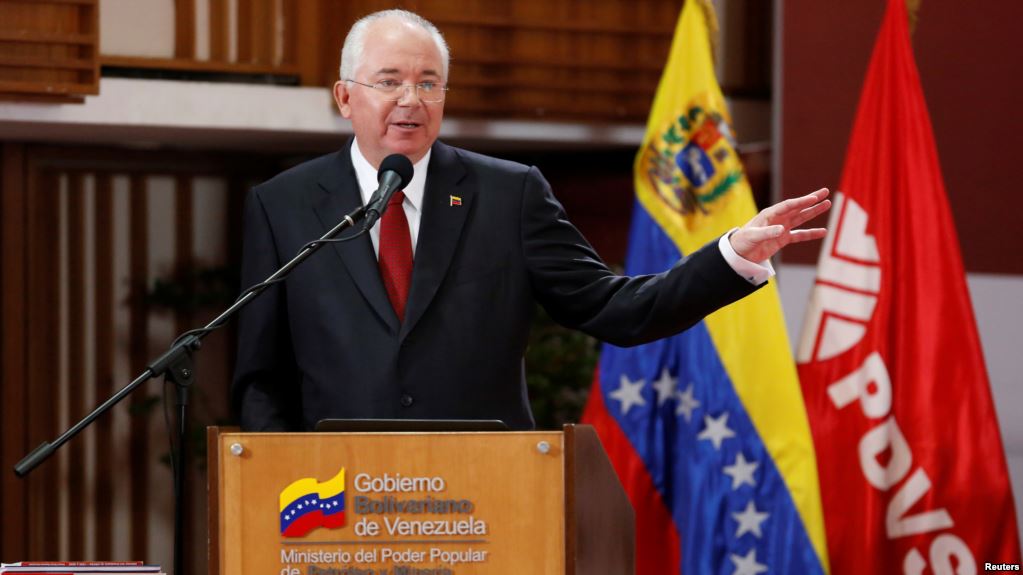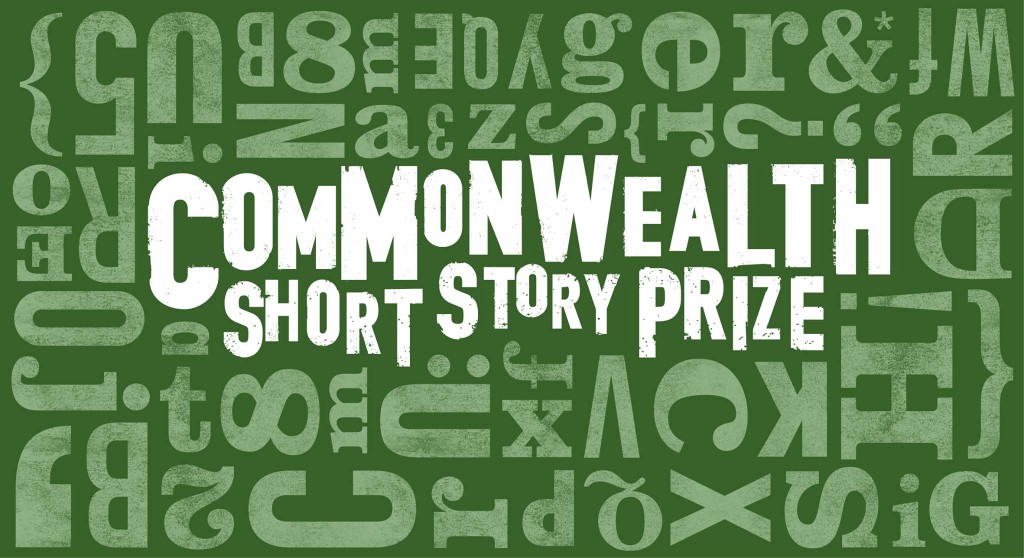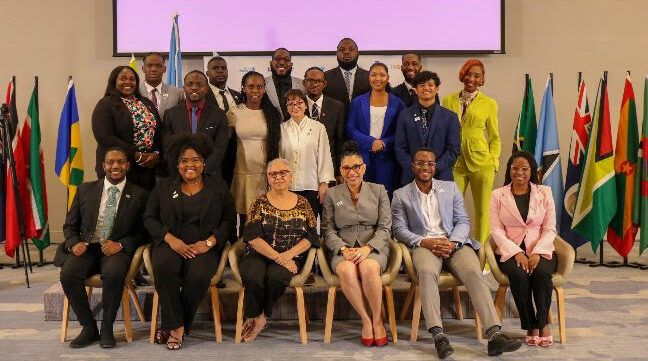Venezuela’s former oil czar Rafael Ramirez said on Wednesday the government would make one
of its “worst political moves” if investigators target him in an anti-corruption purge, which is gaining traction ahead of the country’s 2018 presidential election.
Friction between Ramirez and President Nicolas Maduro reflect growing rifts in the Socialist Party once firmly united under late Venezuelan leader Hugo Chavez. This comes amid a deep economic recession and financial sanctions imposed by the United States on what it considers a “dictatorship.”
Ramirez, who spoke with Reuters from an undisclosed location after being pushed out last week as Venezuela’s ambassador to the United Nations, said he is waiting for the right time to return to his country.
The 54-year-old engineer also said he has not yet decided if he will launch a run in the 2018 Venezuelan presidential election, in which Maduro is expected to seek another term.
Ramirez, who led state-run oil company PDVSA for a decade under Chavez, said he has not been approached by Venezuelan or U.S. prosecutors investigating corruption cases linked to PDVSA
and its subsidiaries. Some of those probes focus on incidents that occurred under his watch as one of Chavez’ longest serving officials.
“I have not been involved in any act of corruption. I have been very careful to follow internal control mechanisms,” he said.
Thus far, the expanding corruption probe by the state prosecutor’s office has resulted in authorities accusing over 100 people, including two former PDVSA presidents who also served as oil ministers under Maduro.
Ramirez said he is prepared to fight back if investigators target him or his close family, some of whom served as advisors of the Venezuelan government in international arbitration cases.
“That scenario would be offbeat. Who aims to attack my family is going to find me,” he said. He added that he trusts Venezuelan institutions will confirm his family members have faithfully served Venezuela, not charging the government for their work.
One of Ramirez’s relatives, Diego Salazar, was detained last week under accusations of corruption and money laundering.
Still, Ramirez said accusations from corruption scandals should not be taken lightly because they hurt PDVSA’s reputation and its ability to recover from a deep production decline. The country’s oil output has fallen this year to its lowest level in almost three decades, down 1 million barrels per day from its 2013 level.
But he also criticized the government’s focus on PDVSA in its corruption accusations, while excluding public institutions that oversaw a long-standing currency control system used to convert and distribute billions of dollars coming from exports.
The company should be investigated without subjecting its employees to a “moral lynching,” he said. “I will believe that a corruption probe is genuine when it includes the whole Venezuelan economy.”
Ramirez in 2014 submitted an economic plan to the government before moving to his position in the United Nations. But no action was taken due to the central government’s lack of confidence in him, he said.
In the following years, the government’s failure to take needed actions, which also has been criticized by analysts and the opposition, have led to a greater financial instability, spiraling inflation and mounting debt, which Maduro is now struggling to restructure.
“Economic action has to be taken with urgency,” he said. A lack of motivation among PDVSA’s workers, delayed crude output due to infrastructure problems and a very low currency exchange rate impacting PDVSA’s cash flow also have to be addressed, he said.




